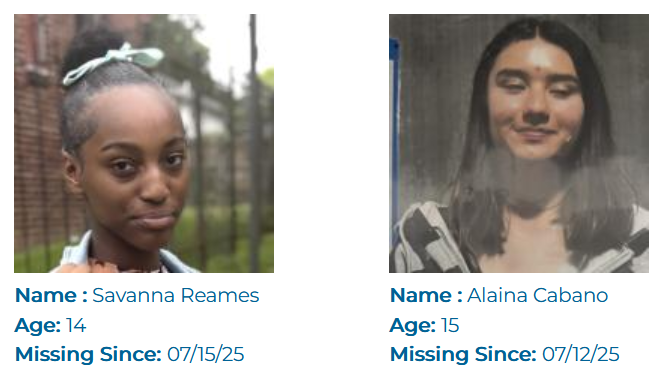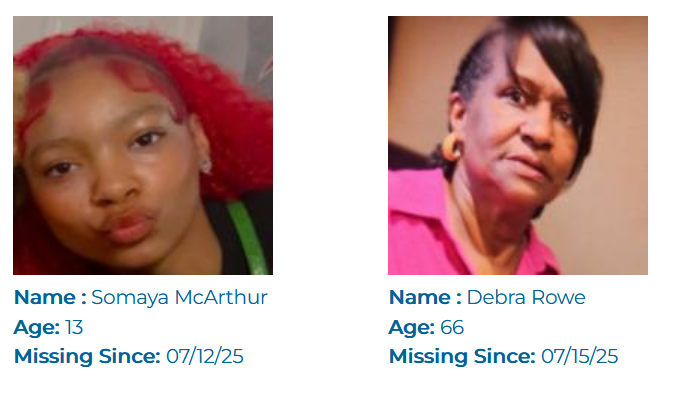Yesterday, as I was walking back from the gym, I passed my bus stop and saw a woman hovering over another woman sprawled out on the ground unconscious. We decided to call 911, and they sent over the EMTs, who walked over from the station to care for the unconscious woman. I am not going to discuss the unconscious woman, but rather the woman I talked with. She was an African American woman maybe in her late 60s with a very quiet voice. She lives in the area and had a couple of Trader Joe's bags. She told me that she had moved to the area, while her son still lived in their old area, which was in NW.
She said that she couldn't find her son. She had already visited his apartment once yesterday and was going back again to look for him. Other people around his place had told her that they hadn't seen him for a while, but she seemed to think that they didn't actually care about him. So, she was returning by bus again to his apartment to look for him and, I assume, to bring him food. Her voice was so quiet that I missed several things that she said. What was clear was that she was worried. My heart pained with recognition of the terror she was experiencing. Also, she stopped to care for the woman on the ground and was worried about her.
According to the DC Metropolitan Police, in this year 2025, 1,387 people have been reported missing. They have closed the overwhelming majority of the cases, but it is not immediately clear from the website how these cases were closed. There are 37 open cases, 28 of which began in 2025. Here are the four women and girls who have gone missing in the past week:


Many will remember the horrifying, and still open case, of 8-year-old Relisha T. Rudd, who went missing from a shelter. There are also many men and boys who are missing, just not in the past week.
For me as a human being and as a sociologist, I sense the difference between looking at the website homepage, which assures the reader that 99% of the cases are closed, and talking with someone who is realizing that their son may be in terrible trouble danger, life-threatening trouble danger [updated with more exact word]. But even the words I am using are inadequate and distorting: trouble suggests the son might have done something to be "in trouble," or people "went missing" or "are missing persons" when in fact they may have been kidnapped, abducted, coerced, taken advantage of, killed, and so on, or may have sought to escape abuse, bullying, and extreme poverty to go on their own. Even those in closed cases may have experienced any one of these. Or they may have experienced something altogether different.
The sociological literature on missing persons explores several kinds categories of missing persons:
- Those missing and dead during transnational migration (for example, those migrating from Central America).
- Those missing and dead during war (as in Bosnia).
- Political disappearances (like in Chile or Argentina).
- We might also add another potential category: those disappeared after migration (by immigration or related officials/militias).
- Those missing due to social and economic disadvantage.
In the Canadian Journal of Sociology, Laura Kiepal, Peter J. Carrington, and Myrna Dawson demonstrated that: "People occupying the intersections of multiple high risk categories are at particularly high risk of being reported missing. Linking missing persons with the concept of social exclusion shows that social and economic disadvantage can lead directly and indirectly to peoples' disappearances" (abstract).
I will return to this sociological literature and its relevance to Ward 6 and DC in my next blog post. I so hope that the woman at the bus stop found her son and ate dinner with him.
No comments:
Post a Comment
Due to spammers, I am restricting comments.